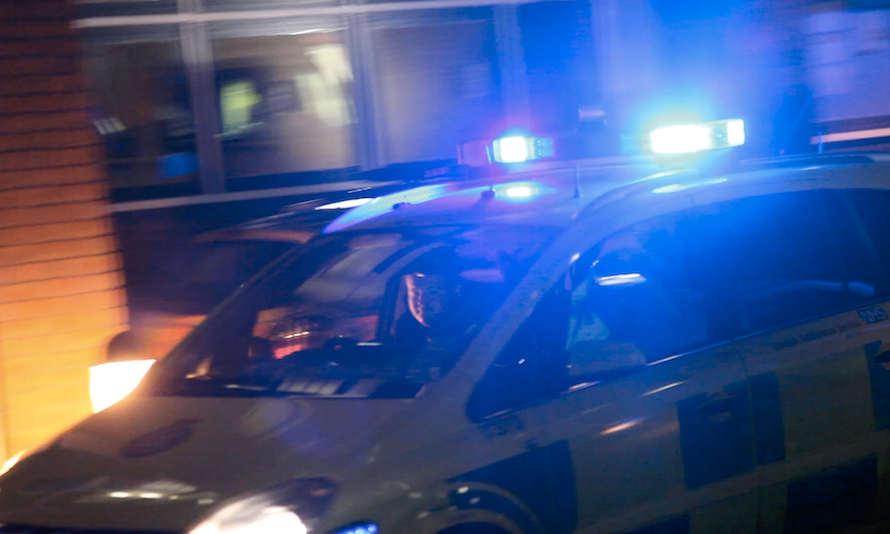The Home Office inquiry into the rape and murder of Sarah Everard by a police officer will be chaired by Dame Elish Angiolini, formerly Scotland’s top prosecutor, the department has said.
It will examine whether chances to identify her murderer, Wayne Couzens, as a danger to women before he attacked Everard in March 2021 were missed.
Angiolini was chosen as chair of the inquiry, which will be in two parts, following consultation with the family of Sarah Everard.
The issues involved will be familiar to Angiolini. In 2015 she chaired a review of rape for the Met, after being appointed by the then commissioner, Bernard Hogan-Howe. She led a government review into deaths in police custody, published in 2017. She also recently led a review into Scotland’s police complaints handling, investigations and misconduct published in November 2020.
The home secretary, Priti Patel, said: “The Angiolini inquiry will shine a light on the failings that allowed a serving police officer to abuse his power in such a horrific manner and make recommendations for change within policing.
Angiolini described it as “a pivotal moment for policing”.
Past allegations of sexual misconduct by Couzens dating back to 2015, which are alleged to have been missed by policing, are under investigation, as are police vetting procedures. The results of the inquiries by two police watchdogs will be passed to the Angiolini review.
Couzens has been jailed for a whole life term. The officer abused his position and his equipment to trick Everard into a car as she walked home in south London during lockdown.
The home secretary had announced that an inquiry would be launched last month after Couzens’ sentencing. The Met has also set up its own inquiry, chaired by Louise Casey.
The Home Office has refused to bow to calls to give its inquiry full powers, so it will be non-statutory. The government claims it will be quicker this way, but insists it could be converted into a statutory inquiry if needed.
The first part of the inquiry will examine whether warning signs about Couzens were missed, and whether allegations made against him were properly handled. The second part will look at issues raised by part one, and will report to the home secretary as soon as possible.
Patel, speaking to MPs in the Commons, described the case as “devastating” and said Angiolini would examine “how this monster was able to serve as a police officer for so long and seek to establish a definitive account of his conduct”.
Patel added: “Part one will also seek to understand the extent to which his behaviour rang alarm bells with his colleagues.”
Patel said it would start as non-statutory, meaning it cannot compel witnesses or documents, nor can people who mislead or lie to it face prosecution. She said: “Statutory inquiries can be long-running, with limited flexibility. Sometimes recommendations are not made for a number of years.
“However, I will not rule out converting this into a statutory footing, should Dame Elish feel that she is unable to fulfil the terms of reference on a non-statutory basis.”
Couzens, while serving in the Met, used his warrant card and handcuffs to get Everard, 33, into his car as she walked home in south London at the height of Covid lockdown restrictions in March. The restrictions were his probable pretext for stopping her.
Couzens drove her to Kent before strangling her with his police belt and burning her body.
Patel said: “Sarah Everard’s life was ended too early by an evil man whose job it was to protect her. We owe it to her and to her loved ones and her family to prevent something like this from ever happening again.”
In 2015, when launching her review of rape for the Met, Angiolini spoke of a “toxic psychology” that led victims of sexual violence to blame themselves or feel shame.
https://www.theguardian.com/uk-news/2021/nov/22/sarah-everard-former-prosecutor-to-lead-inquiry-into-and-by-police-officer




